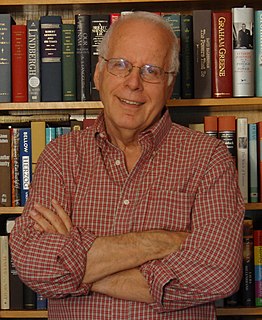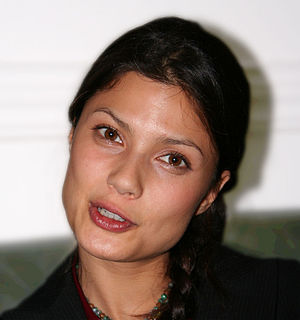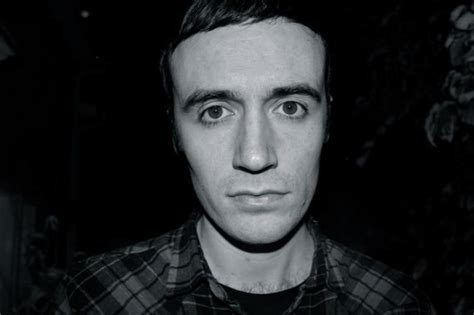A Quote by Mark Ruffalo
I didn't like the distance between my family and myself that I was experiencing from having to work all the time.
Related Quotes
In 1980, after 10 years at 'The Times,' I was at a crossroads in my personal life. I loved my family, but I was also so obsessive about my work that I found myself devoting more and more time to it. I wanted to be everywhere there was a good story, and that meant I had to choose between that and being with the family on important days.
Ideas are easy to come by, they spring effortlessly out of the vacuity of the mind and cost nothing. When they are held and projected onto one's self or others they become a project. When the project is enacted it becomes the work, and when the work is completed it appears to be self-existent. Creation is the process of form manifesting from emptiness, where that which arises from the mind comes into existence. Yet the distance between conception and realisation may be enormous, as vast as the distance between the stars.
The vast majority of unfaithful people are experiencing a conflict between their values and their behavior, and that is the mess of infidelity. It's not an either-or. The idea that you would ask, "How can you say you love your husband and you want to stay married, and you also are having an affair?" Because we are not the same woman, or the same man. Because sexual revolutions don't take place at home. Because for most of us, freedom wasn't something that we experienced in our family, but usually outside of our family.
In her previous novels, Maggie O'Farrell has often measured the distance between intimates and the unexpected intimacy of distance - geographic, temporal, cultural. In 'The Hand That First Held Mine' and 'The Distance Between Us,' characters separated by many miles or many years turn out to be joined in ways they never anticipated.
It is the shared experience - [although] you're the conduit of the sound, the recipient is also in some way the author of the work, because if they weren't the author of the work they wouldn't be able to recognise it as an experience, you could argue. The more distance you can put between yourself and having any kind of objective the more likely it is to appear.




































